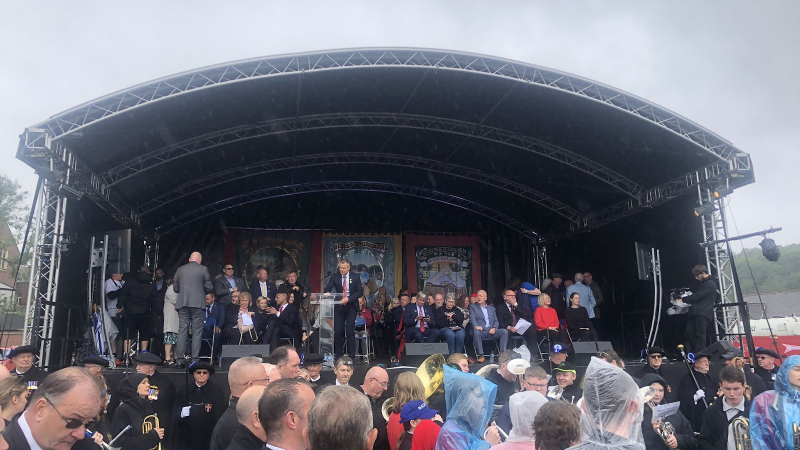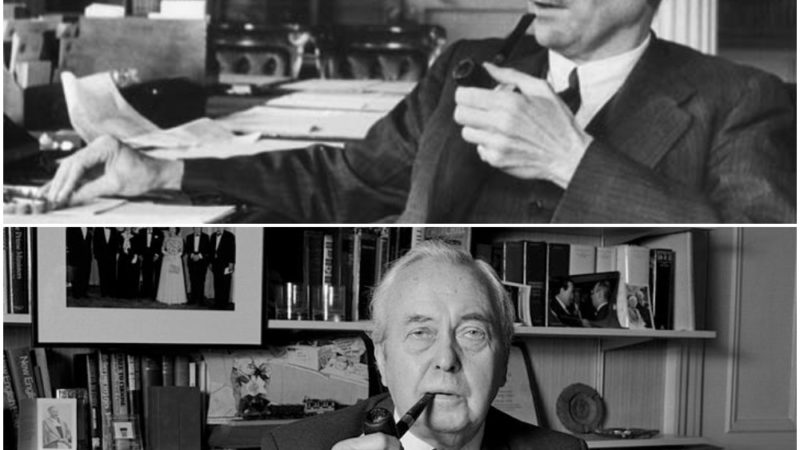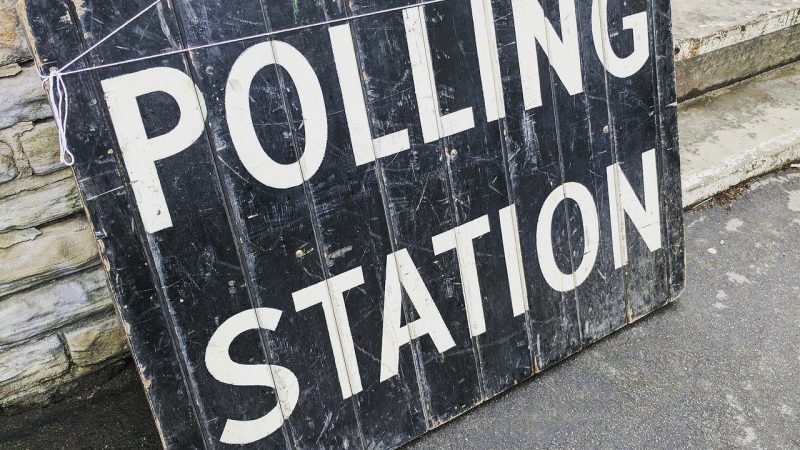Election sees Sinn Féin extend its dominance in Northern Ireland
By Geoff Bell, Labour for Irish Unity
For the first time Sinn Féin is sending more MPs to Westminster than any other party. For the first time Irish republicanism has a hat-trick – more MPs, more members of the local Assembly and more councillors than anyone else. And this in a political statelet specifically designed a hundred years ago to ensure a permanent unionist majority.
Sinn Féin has now seven MPs, came close to getting two more and increased its vote share by 4.5 per cent. While the total nationalist Westminster vote trailed the total unionist vote by approximately two per cent, that can be explained by Sinn Féin not contesting a couple of seats.
The retreat of unionism continues. The once almighty Democratic Unionist Party was reduced to five out of 18 seats. The big shock was the defeat of Ian Paisley, whose father, the Rev. Dr Ian Paisley, dominated Northern Ireland politics for decades. But his son’s defeat was hardly a cause for satisfaction: he was replaced by the candidate of the more sectarian Traditional Unionist Voice. Elsewhere, some more centrist unionists did slightly better, but the Alliance Party, who take no position on the border issue, saw a slight decline in their total vote, when losing one seat, but gaining another. They did badly in East Belfast, where many had expected them to defeat the DUP. Despite commentators and British politicians promoting Alliance beyond its achievements and support, it seems it has now reached its peak.
This is just one more indication that in Northern Ireland you cannot keep dodging the Irish unity question and expect to prosper.
The cause of unionism has become self-defeating. The case can be made that those in Northern Ireland who today detest British politicians most are, ironically, the unionists. It is they who feel that the British Tories in particular have betrayed them over the last few years. They were betrayed despite their slavish enthusiasm for Brexit and despite Boris Johnson visiting the DUP party conference and sitting beside their then party leader. And, despite Michael Gove, Jacob Rees-Mogg and Priti Patel all appearing as guest speakers at DUP fund-raising dinners for none other than today’s biggest DUP loser, Ian Paisley. They were betrayed because, over Brexit and its consequences, the British put their own interests first.
As any Irish republican will remark, such is the way it has always been. And that is unlikely to change with the arrival of Keir Starmer in Downing Street. It can be acknowledged and welcomed that his post-election flying visit to Belfast saw forward steps. He confirmed his intention to repeal the “Heritage” legislation of the Tories that banned legal inquiries into killings during the Troubles and declared an amnesty in respect of these for all British security personnel.
Moreover, for the first time, Starmer retreated from his previous position of saying he would campaign for the British union in the event of a referendum on Irish reunification. He now acknowledges that for the British government to adopt such a partisan policy is a breach of the neutrality required of it under the Good Friday Agreement.
This is something those of us in Labour for Irish Unity have been pointing out for the last few years. We obviously welcome Starmer’s conversion. Now he needs to complement this and set out the criteria for calling a referendum. He also needs to ensure that his promise to give voting rights to 16- and 17-year-olds applies to any referendum. This will be resisted by unionists who know that according to opinion polls support for reunification is strongest in this age group.
Many in Ireland are highly sceptical that Keir Starmer’s Irish policy will, in substance, be a break from the British colonialism that has directed both Tory and Labour governments for so long. The pro-nationalist Irish News columnist and historian Brian Feeney headlined his article on Starmer’s visit to Belfast as, “Starmer’s Labour is Just the New Conservative Party”. Another Irish News columnist noted that, with the exception of Blair, Labour in government “has not been cognisant of [Irish] nationalism”. That is putting it mildly given, for example, the policy of a “military solution” to the Troubles of the Callaghan government in the late 1970s.
So, unless pressure is put on Starmer, do not expect too much. The election results in Northern Ireland are a further step towards Irish unity. The least the new British government can now do is to not get in the way of this journey continuing.
- Geoff Bell is an executive member of Labour for Irish Unity and the author The Twilight of Unionism – you can order a copy from Verso book here.
- You can follow Labour for Irish Unity on Facebook and Twitter/X.
- If you support Labour Outlook’s work amplifying the voices of left movements and struggles here and internationally, please consider becoming a supporter on Patreon.










